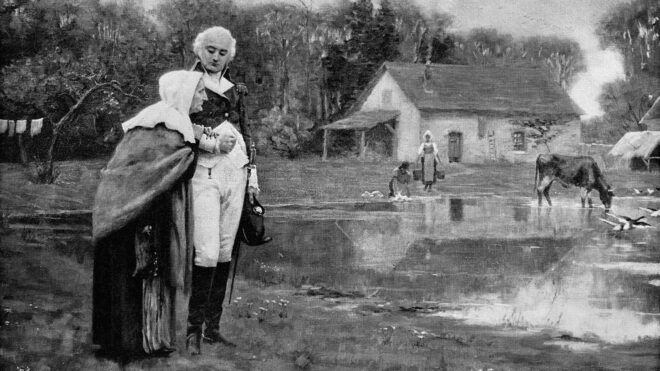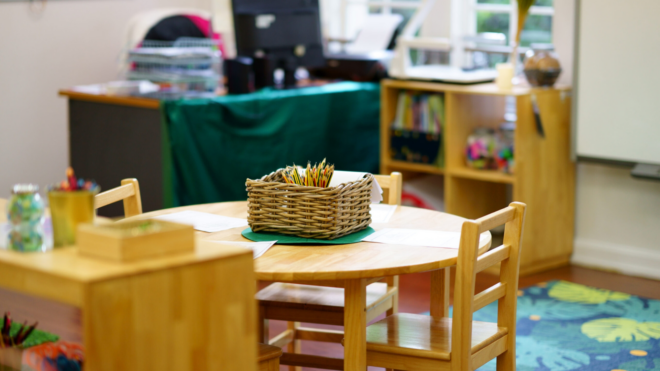Every time the topic of eating a baby's placenta comes up, someone always says it: Almost every mammal in the animal kingdom eats its placenta raw right after giving birth. Making placenta pills certainly sounds more palatable than eating it raw, and the idea is definitely catching on in the U.S. But it does make us wonder — what do other people around the world do with their babies' placenta?
Ceremonia burial
In Indonesia, the baby's placenta is considered its twin and becomes a kind of guardian for the child. Family members and birthing attendants bury the placenta outdoors. The Igbo of Nigeria, some people of Malaysia, and many other cultures also consider the placenta a twin and bury it outdoors.
In Cambodia, the location of the placenta's burial is very important, as it is considered the origin of the baby's soul. Spiked plants are often planted around the burial place to keep away evil spirits.
The Maori of New Zealand call the placenta the whenua, or "the land." The placenta and the umbilical cord are placed in a special container and buried on the child's tribal land, thus reinforcing that child's tie with their birthplace. The Navajo also connect the placenta with a child's birthplace.
Birth control?!?
The placenta isn't exactly considered birth control, but reportedly in Transylvania, a couple who wanted no more children would burn their baby's placenta, and then the father would drink the ashes to render himself infertile (supposedly).
In the Ukraine, families avoid burying the placenta in a doorway, which could mean the couple will have no more children. Some Ukrainian midwives claimed they could tell how many subsequent babies a couple would have by examining the placenta.
It appears that humans are more likely to bury the placenta than consume it. But either way, it's clear that many cultures consider the placenta an important symbol, of life, spirit, and belonging.
Do you know of any other cultural traditions around the placenta?
Image via Nico Nelson/Flickr




